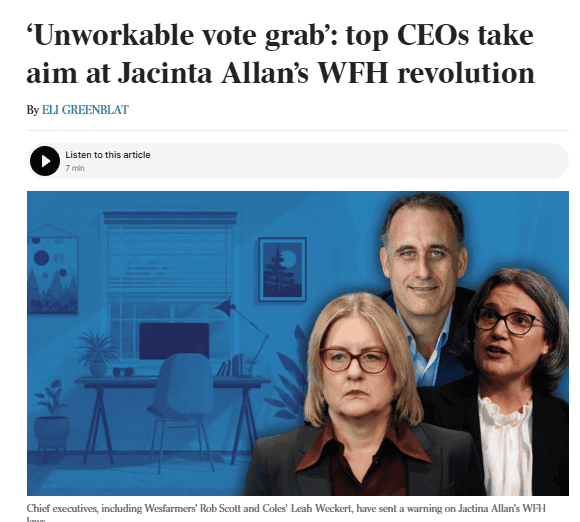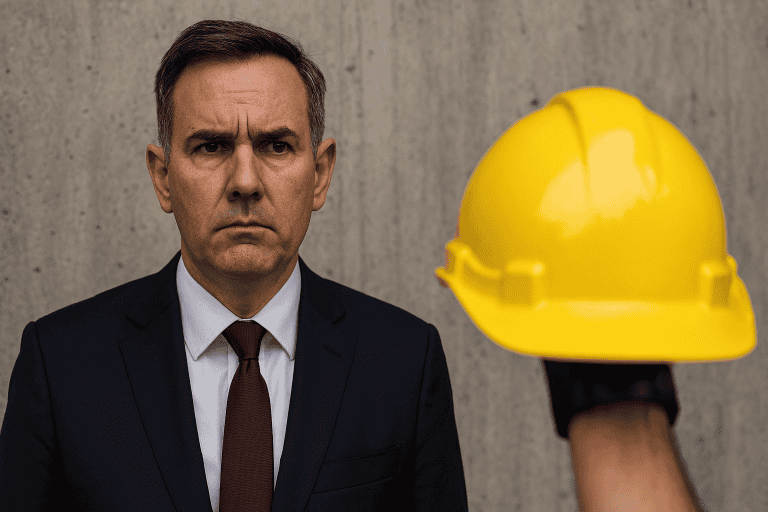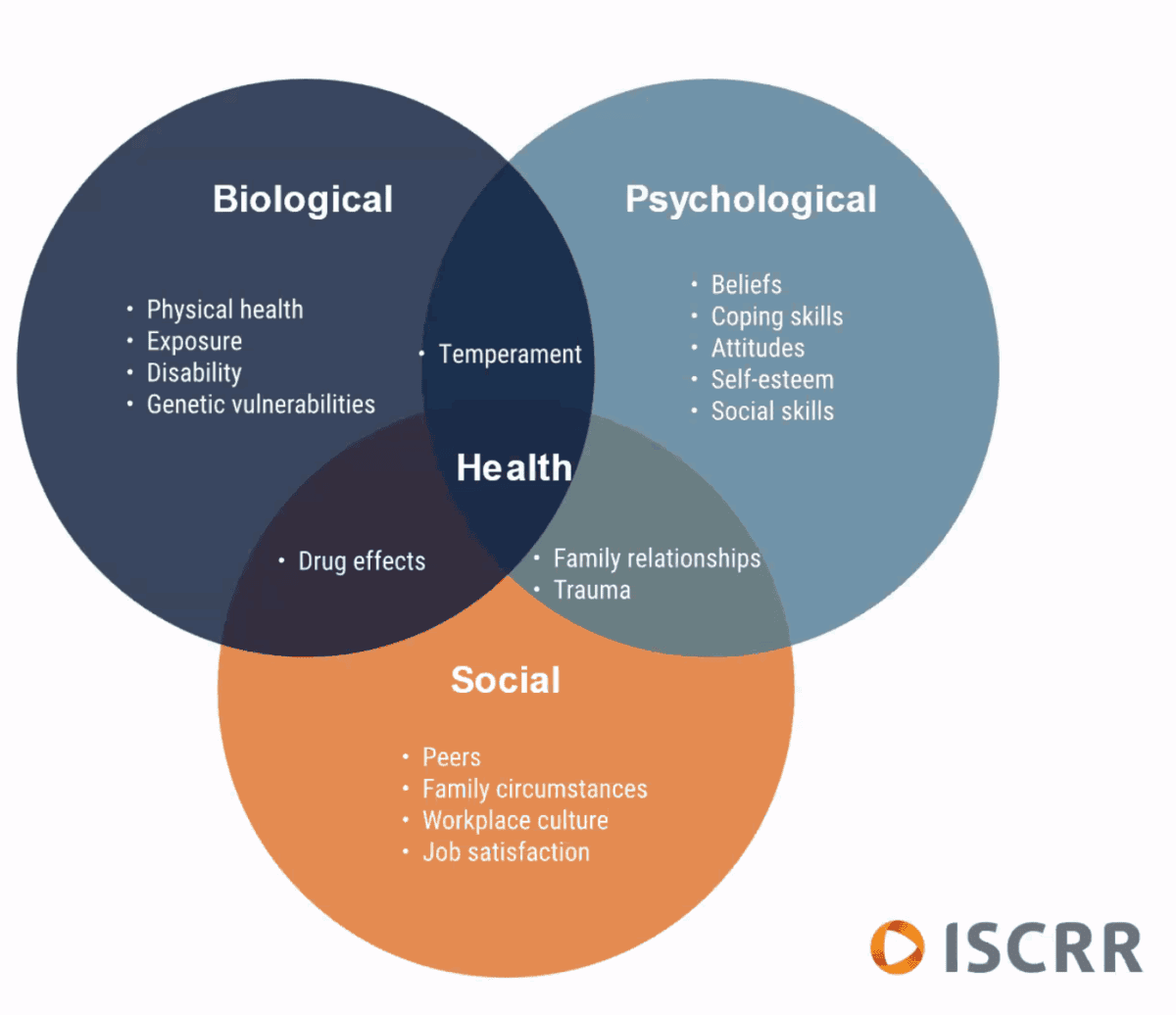The Australian Psychological Services has provided some excellent advice on what to look out for when arranging speakers for October, which is both Mental Health Month and National Safe Work Month.
Category: business
The Seductiveness of Action Without Change
The challenge in addressing psychosocial hazards at work comes not from the dangers posed but from the executives’ willingness to change. Recently, David Burroughs reflected on his years of advising executives on this hazard. Burroughs’ experience of corporate responses to workplace bullying is indicative of the challenge of organisational change.
Why are the bosses’ knickers in a twist over work-from-home?
Two major Australian media outlets are continuing to focus on the issue of working from home (WFH), criticising the concept and some local political moves. WFH offers some significant mental health benefits that are being largely ignored. The front page of The Australian newspaper for September 1, 2025, provides the latest example.
Australia’s Safety Blindspot
Australia’s Economic Roundtable recycled the same institutions and failed metrics that have long masked our productivity crisis. As Amy Remeikis notes, those who shaped past policy failures now feign surprise at the fallout. Meanwhile, important drivers of productivity, such as safe and quality work, remain ignored. OHS is treated as a compliance chore, rather than a strategic asset. If the Albanese government truly wants productivity reform, it must stop listening only to the “profit class” and start measuring what matters: worker health, dignity, and contribution.
When Safety Is Optional: The OHS Blind Spot in Childcare Abuse Reform
Improvements in safety and health at work are almost always begun after fatalities, catastrophes and scandals. This says much about the prominence of occupational health and safety (OHS) in Australian society. The latest industrial scandal is in the childcare industry. Non-compliance with safety requirements was exposed in March 2025, but now allegations of sexual abuse of babies, toddlers and children have been levelled against several workers. The industry and the governments that oversee it are struggling to identify solutions. OHS can provide a legal and managerial framework, as determined in a safety review published only last week.
Is it possible to prevent psychosocial hazards?
The Occupational Health and Safety (OHS) legislation states that employers must eliminate hazards as far as is reasonably practicable. If you start your safety journey from this point, you will forever be frustrated in your OHS achievements and disappointed in your job. OHS may be forever linked with laws and regulations, but the safety and health of ourselves, colleagues and others is based on our personal moral code and the values we bring to our actions. OHS satisfaction comes from accepting that OHS laws are only part of our purpose
Incident investigation and the triaging of workers’ compensation claims
Earlier this week, the Institute for Safety Compensation and Recovery Research (ISCRR) conducted a seminar called “Using Biopsychosocial Risk Profiling to Inform Claim Triage“. Workers’ compensation claims are not a focus for this blog, but attending events peripheral to one’s own discipline sometimes enlightens. There were a couple of moments when the occupational health and safety (OHS) approach came up in discussion.







